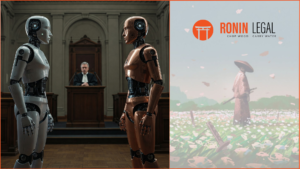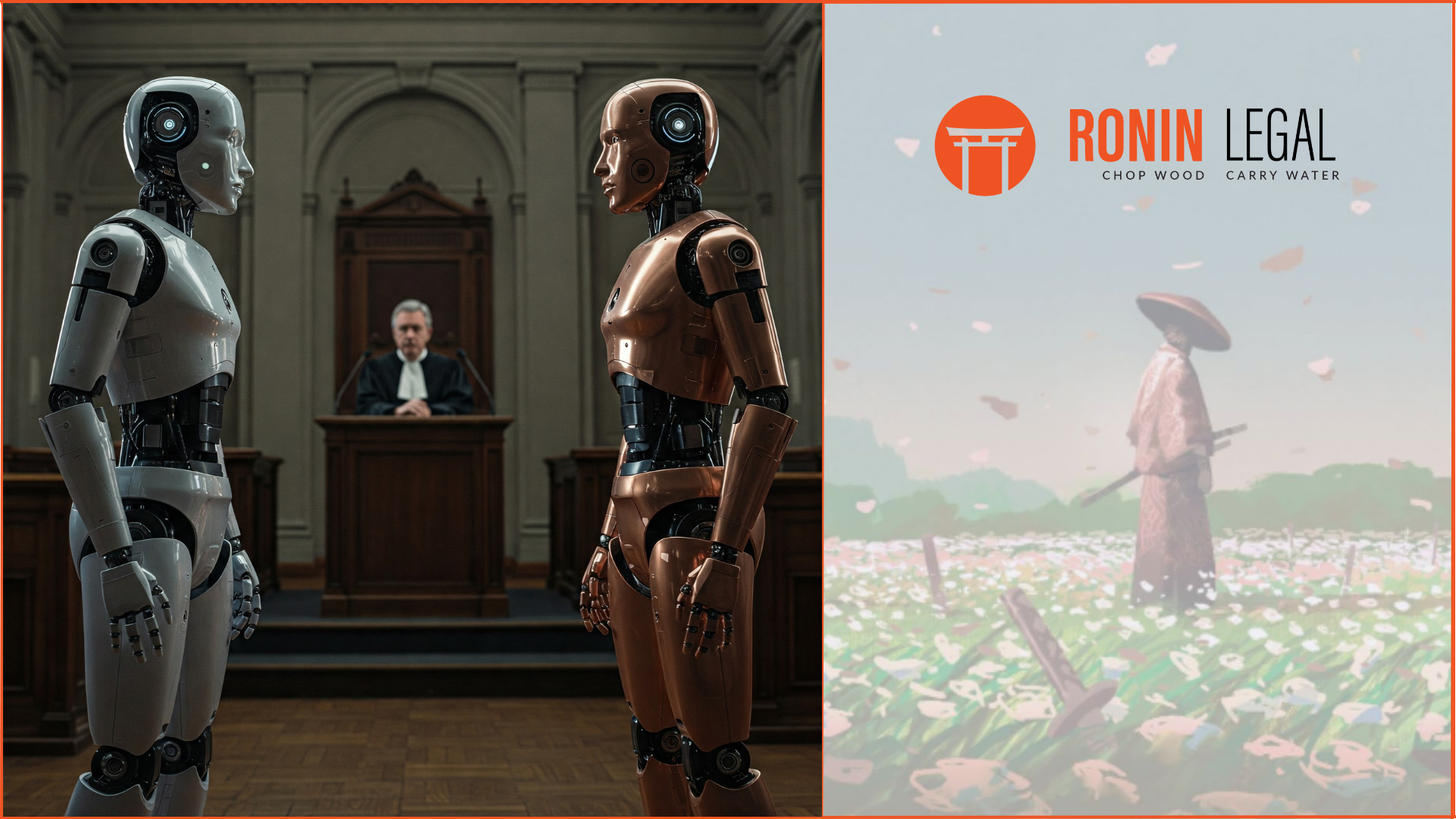Here’s what you’ll find in this fortnight’s AI update:
- OpenAI announces leadership transition
- US-China talk tech and AI
- Negotiations on the EU’s AI Act encounter obstacles regarding foundation models
- Meta bans the use of its Generative AI tools for political ad campaigns and other regulated sectors
- SAG-AFTRA embraces Tentative Agreement
- OpenAI introduces new updates
- Judge Chhabria dismisses majority of copyright claims in lawsuit filed against Meta
OPENAI ANNOUNCES LEADERSHIP TRANSITION
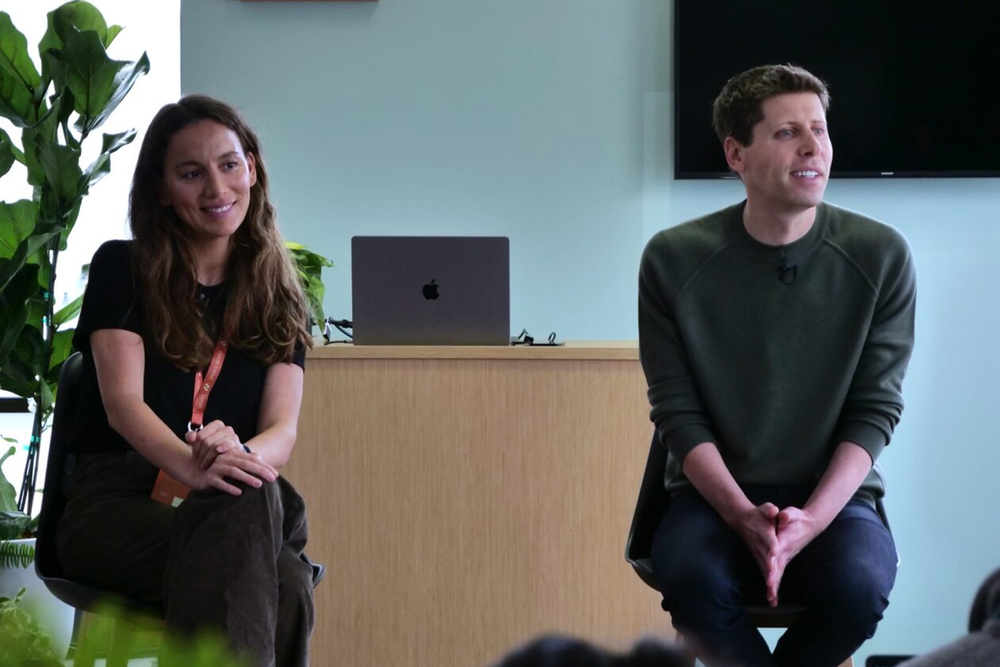
The Board of Directors of OpenAI has announced that Sam Altman will depart as CEO and leave the Board of Directors. Mira Murati, the company’s Chief Technology Officer, will serve as the interim CEO, effective immediately. The official announcement by the Board mentions that Mr. Altman’s departure follows a deliberative review process by the Board, which concluded that he was not consistently candid in his communications with the Board, hindering its ability to exercise its responsibilities. Following Altman’s departure, Co-founder and President of OpenAI, Greg Brockman submitted his resignation. Microsoft is reportedly collaborating with investors such as Thrive Capital and Tiger Global Management to facilitate the return of Altman.
US-CHINA TALK TECH AND AI
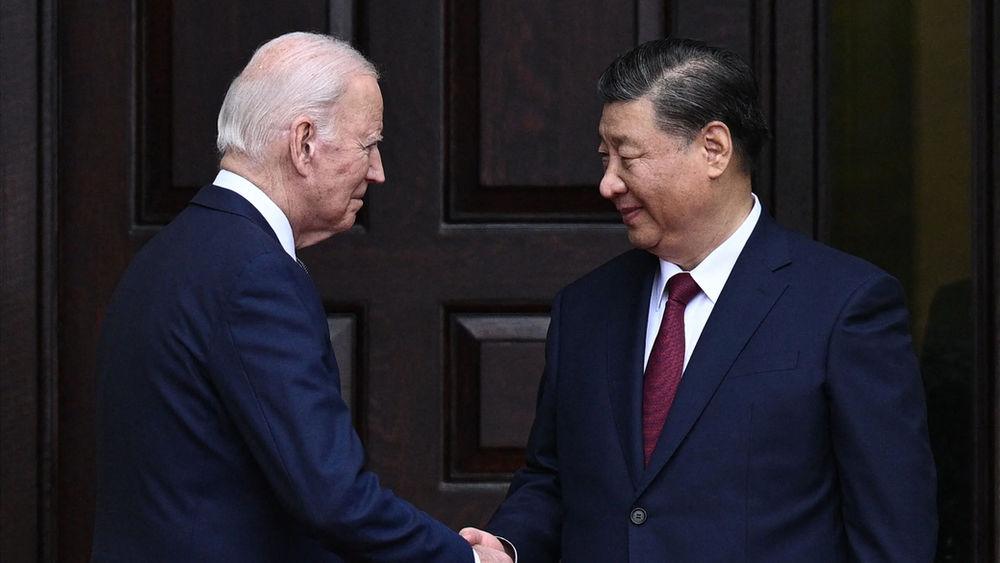
The Biden-Xi meeting in San Francisco on 15 November, 2023 marked a significant geopolitical event, with the focus shifting towards technology and AI. Both leaders agreed to initiate formal government-to-government discussions on technology, including AI, though specific details were not disclosed in the official statements. The US White House emphasized the importance of addressing the risks associated with advanced high-risk AI systems and improving AI safety through bilateral talks, while China’s statement highlighted shared interests in various fields, including climate change and AI.
NEGOTIATIONS ON THE EU’S AI ACT ENCOUNTER OBSTACLES REGARDING FOUNDATION MODELS
Despite efforts by the Spanish presidency to facilitate an agreement with the European Parliament, in light of the steadfast positions taken by influential political figures, the Spanish representatives, on 10 November, 2023, suggested a comprehensive reconsideration of the provisions pertaining to foundation models. During the recent EU Trilogue on the EU AI Act held on October 24th, there appeared to be a consensus to implement regulations for foundation models through a tiered approach. Specifically, the proposal involves establishing more stringent rules for the most influential models that are expected to have a greater impact on society.
META BANS THE USE OF ITS GENERATIVE AI TOOLS FOR POLITICAL AD CAMPAIGNS AND OTHER REGULATED SECTORS
Meta has prohibited political campaigns and advertisers in regulated sectors from utilizing its generative AI ad tools. The company stated that advertisers running campaigns related to housing, employment, credit, social issues, elections, politics, health, pharmaceuticals, or financial services are currently not allowed to use the generative AI features in Ads Manager as they continue testing these tools.
SAG-AFTRA EMBRACES TENTATIVE AGREEMENT
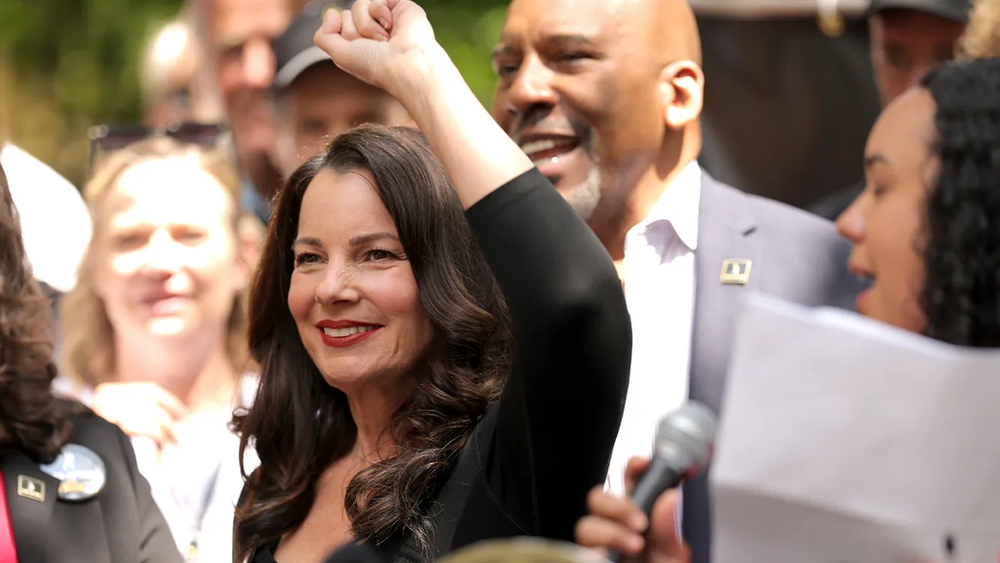
The SAG-AFTRA National Board has accepted the tentative agreement for the 2023 TV/Theatrical Contracts negotiated with the Alliance of Motion Picture and Television Producers (AMPTP) on November 8, 2023. The AI clause outlines conditions for creating and using digital replicas of performers, requiring advance notice, explicit consent, and compensation. The clause also addresses generative AI, emphasizing human performance importance and the need for bargaining. Semi-annual meetings and conditions for replicating background actors are detailed, with claims subject to arbitration and remedies limited to monetary damages.
OPENAI INTRODUCES NEW UPDATES
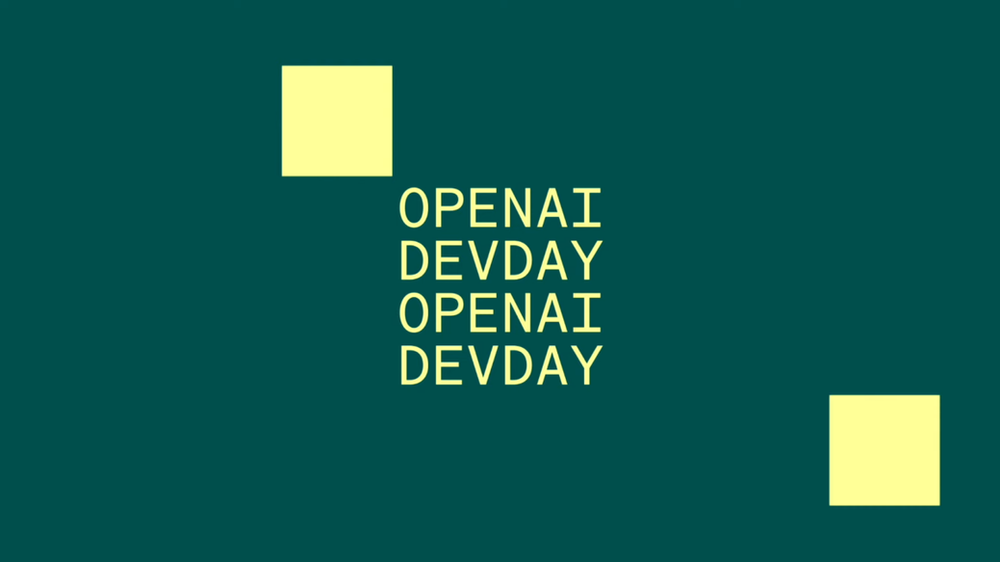
OpenAI Data Partnerships
- On 9 November, OpenAI announced that it is partnering with organizations to create public and private data sets for training AI models. These will be large-scale data sets that reflect human society and that are not readily accessible online to the general public.
OpenAI’s first developer conference, DEV DAY
During OpenAI’s first ever conference held on 6 November, former CEO Sam Altman introduced “Copyright Shield”. Copyright Shield means that OpenAI will defend those users against legal claims for copyright infringement that arise from output generated by those tools, and will pay damages that result from such claims. Google, Adobe, and Microsoft have also previously offered to indemnify their users in concerns of copyright infringement.
During the DEV DAY conference, OpenAI unveiled a series of AI tool updates, including the ability for developers to create custom versions of ChatGPT called GPTs. Similar to plugins, GPTs can connect to databases, facilitate e-commerce orders, and create images. Former CEO, Sam Altman, in a few minutes, demonstrated how easy it is for anyone to create a GPT without any prior coding experience.
JUDGE CHHABRIA DISMISSES MAJORITY OF COPYRIGHT CLAIMS IN LAWSUIT FILED AGAINST META
During a motion hearing on 9 November, Judge Vince Chhabria of the U.S. District Court of the Northern District of California indicated his intention to dismiss a significant portion of the plaintiffs’ copyright claims, including vicarious copyright liability, deeming them “clearly meritless”. The Court also rejected claims of infringement related to the output from Meta’s generative AI model LLaMA, citing the absence of an alleged substantial similarity between LLaMA’s output and the plaintiffs’ works. However, the Judge granted the plaintiffs the opportunity to amend their complaint. The author trio, Sarah Silverman, Christopher Golden, and Richard Kadrey, filed a complaint on 7th July 2023 against Meta Platforms, alleging copyright violations through LLaMA, Meta’s language models in parallel with the complaint filed against OpenAI. A similar stance was taken by Judge Orrick while presiding over a case filed by a group of 3 artists against Stability AI and Midjourney.
Authors: Saumya James, Shruti Gupta, Shantanu Mukherjee





